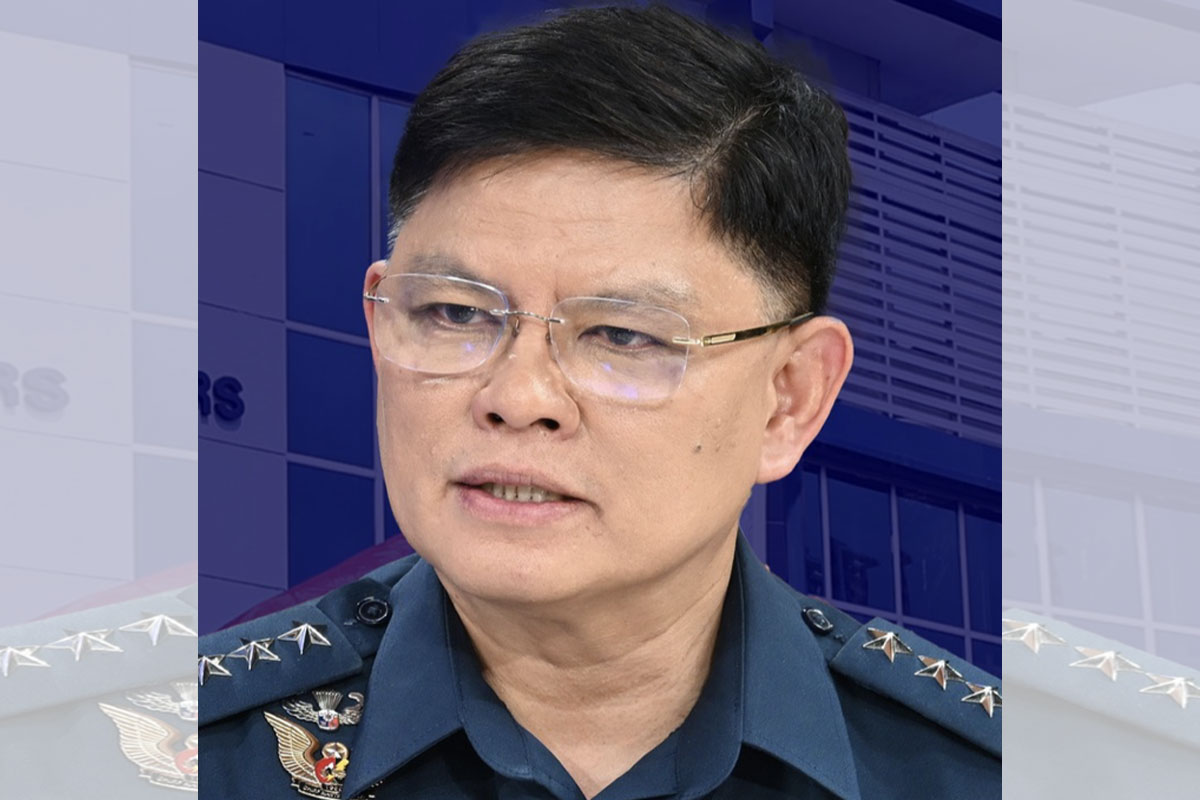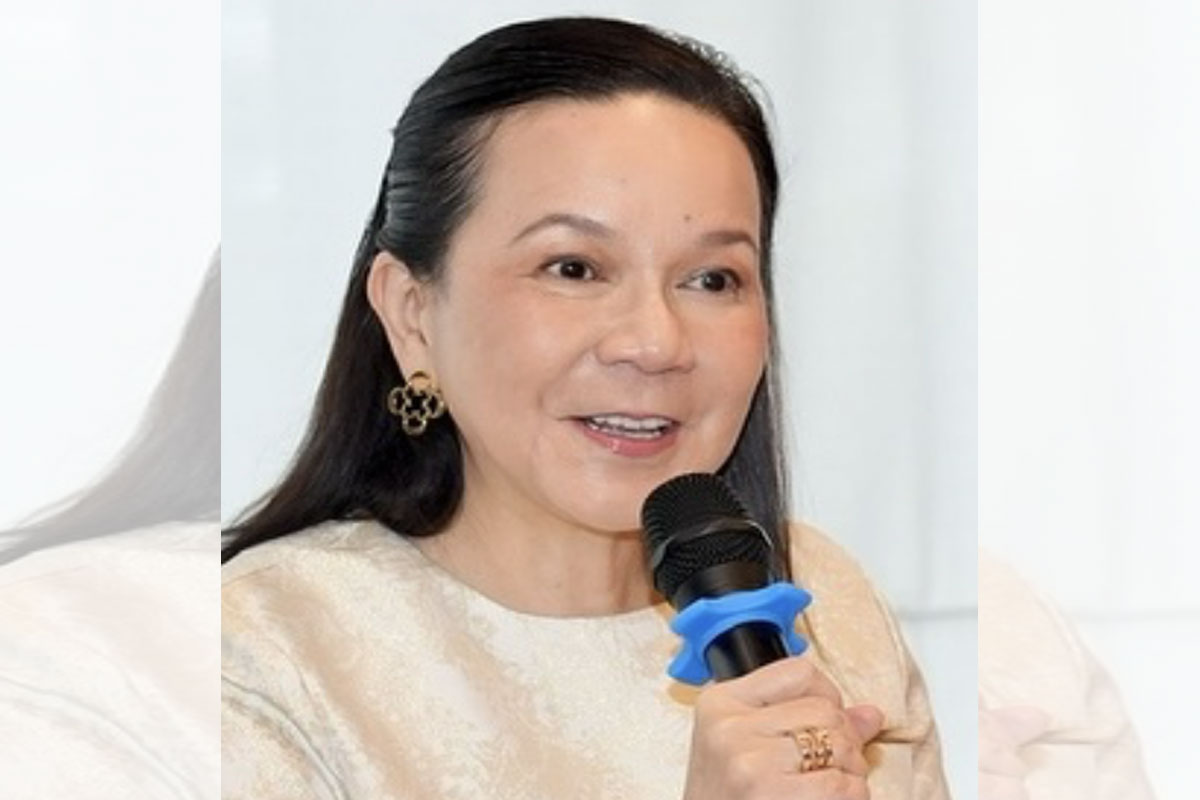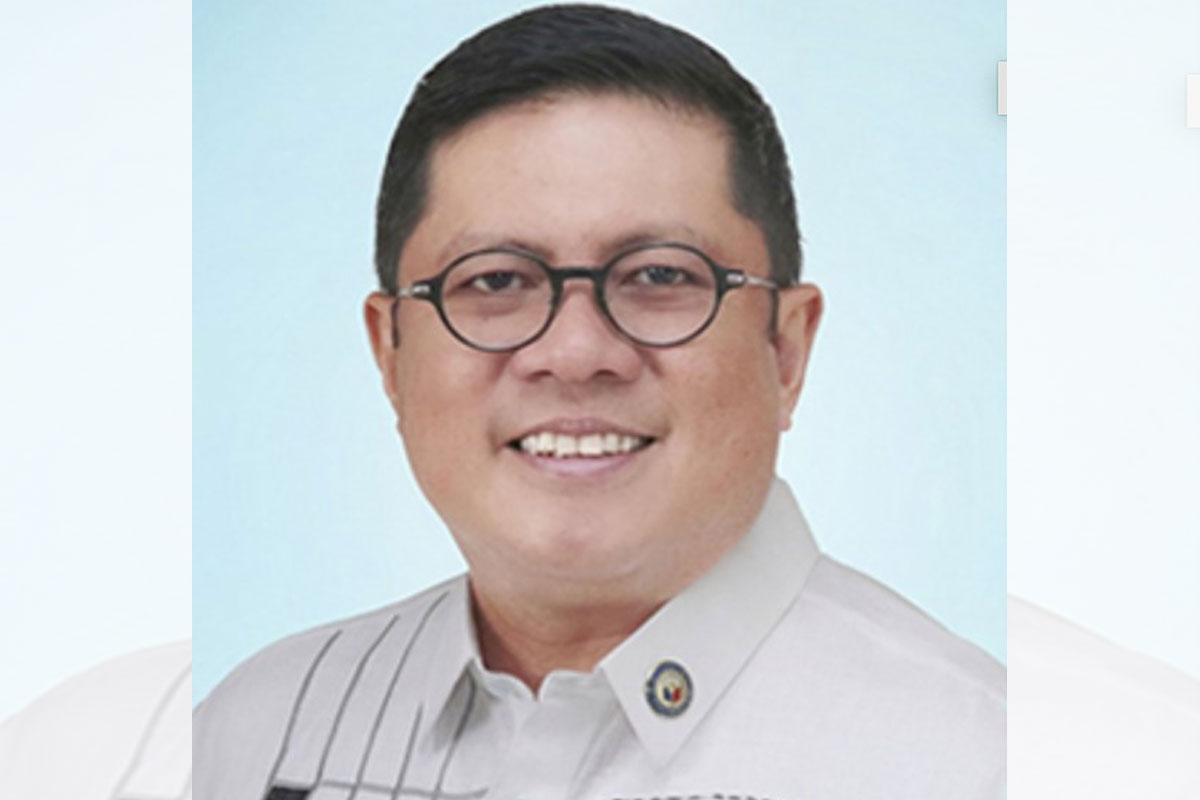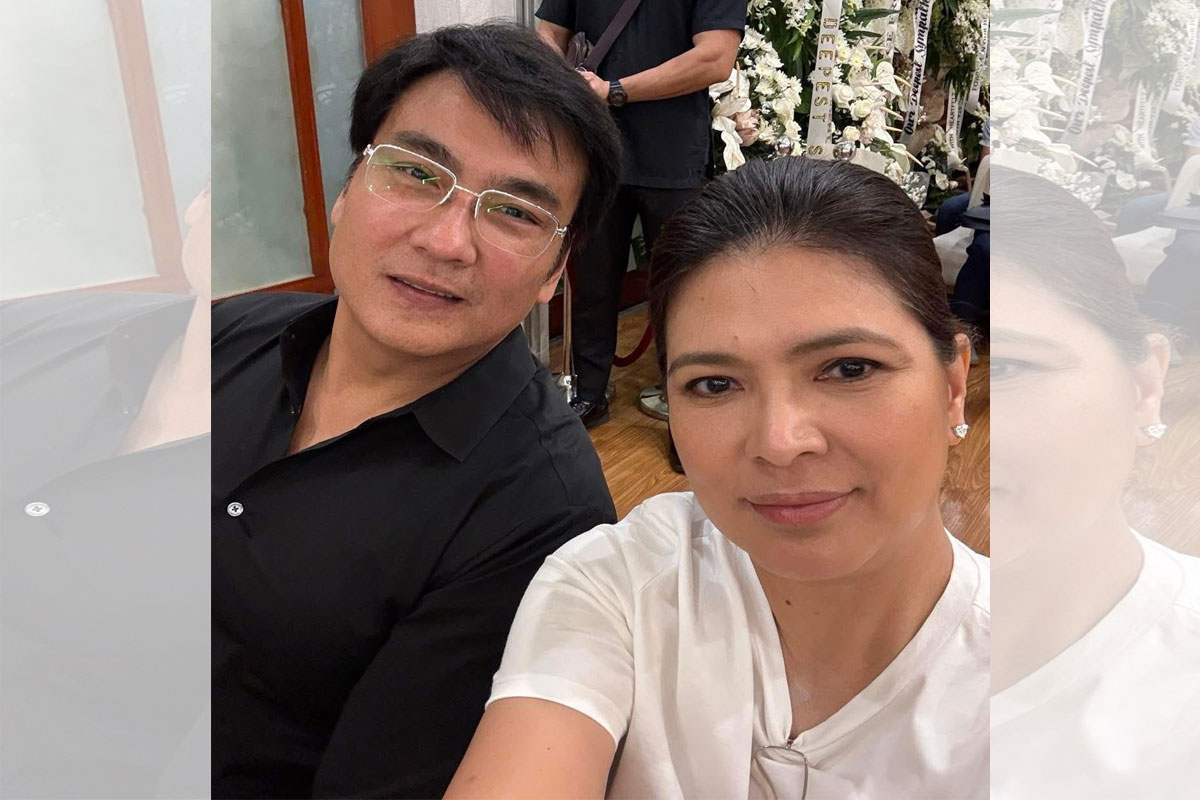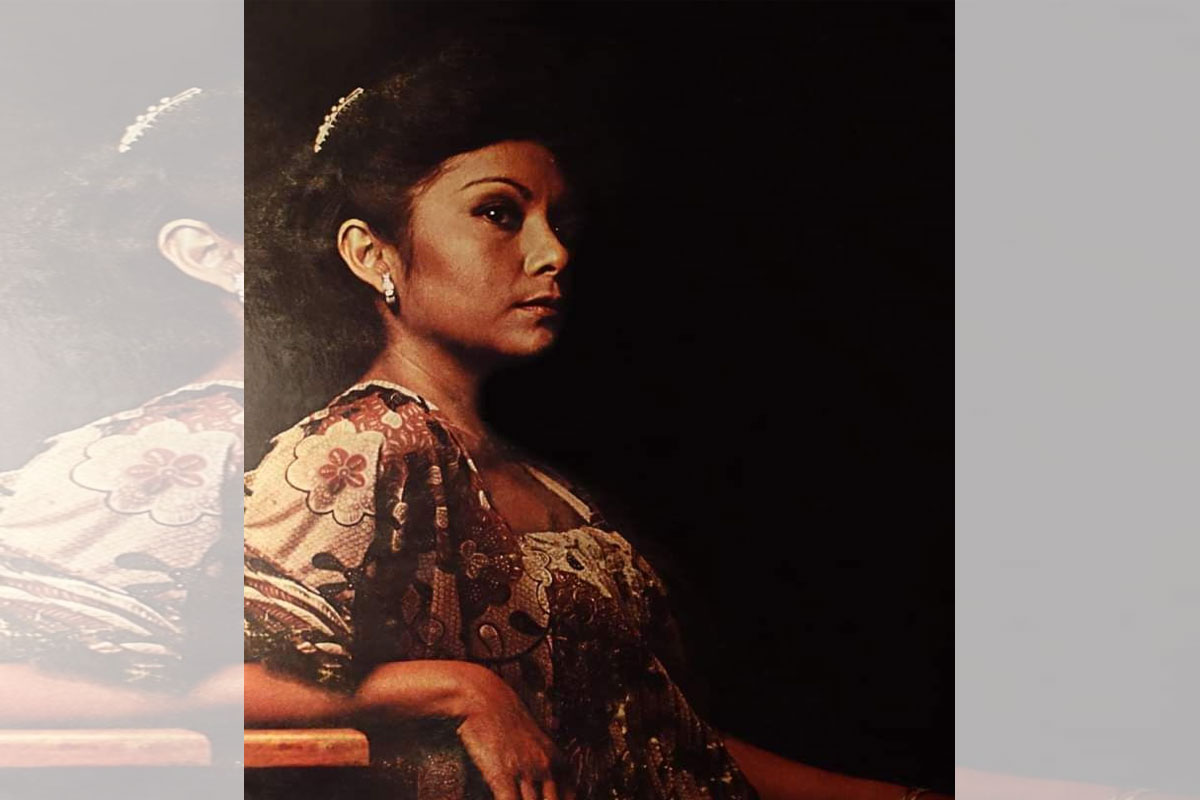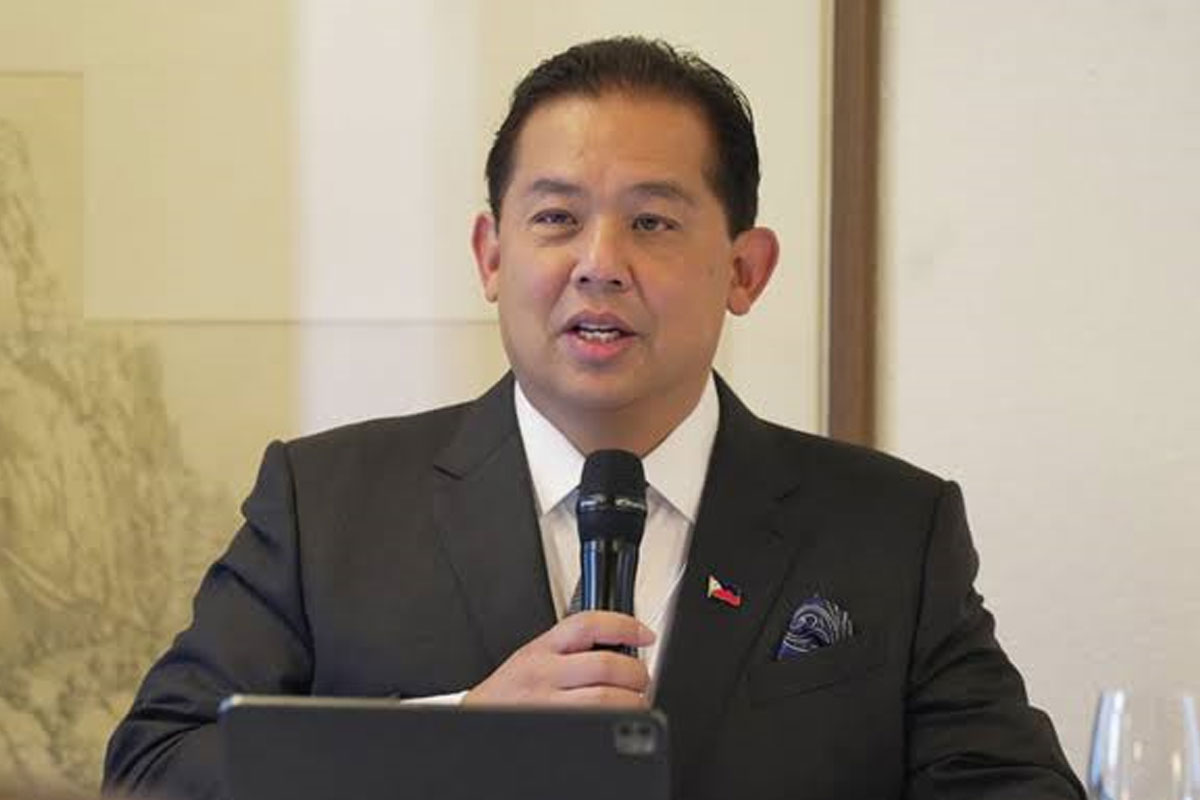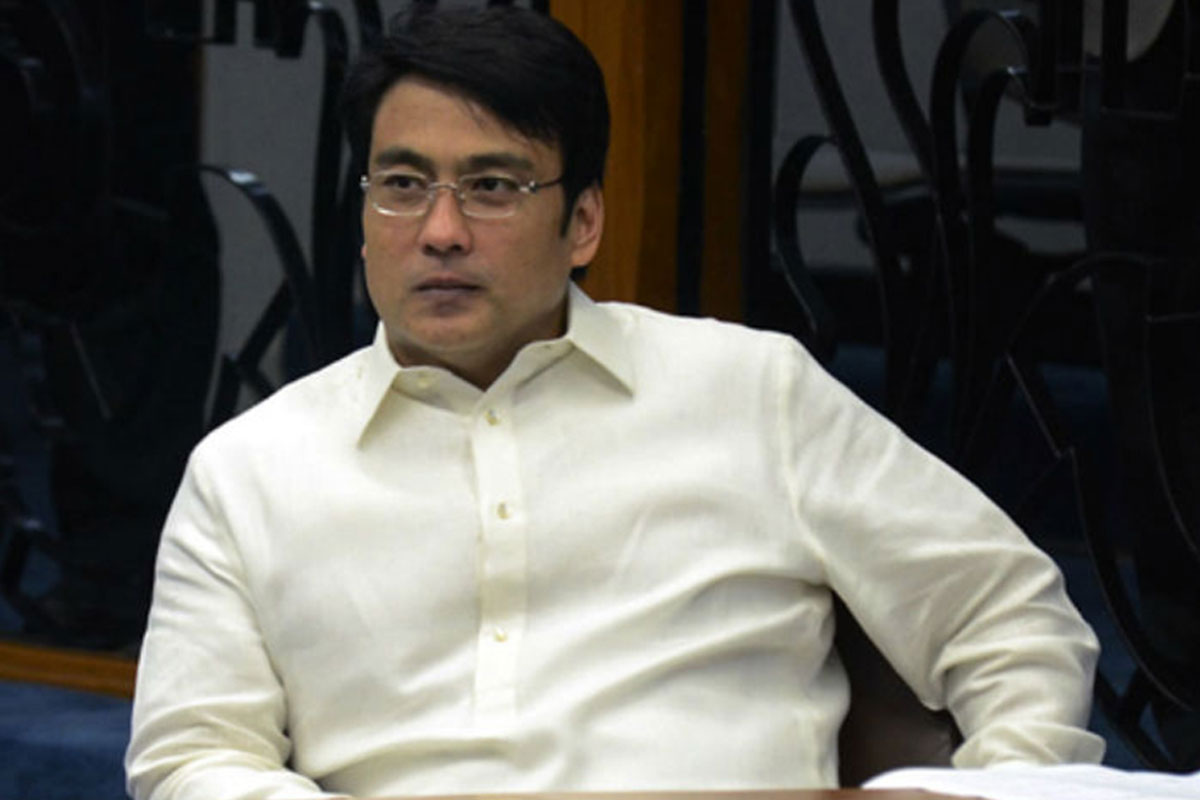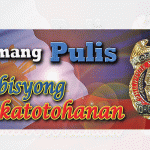
TIME FOR PNP OFFICIAL RULES ON RECORDING COPS ON DUTY
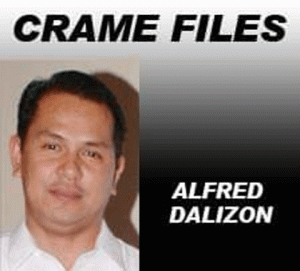 UNLIKE in other countries where filming cops on duty is legal as long as the person doing the recording does not interfere with the officers’ ability to do their job, a gray line exists in the Philippine setting.
UNLIKE in other countries where filming cops on duty is legal as long as the person doing the recording does not interfere with the officers’ ability to do their job, a gray line exists in the Philippine setting.
The recent situation in Pastrana, Leyte –which brought trouble to a policewoman and her cop-husband who resented a local mediaman for allegedly videotaping her without permission while she was arguing with another person — is really a ‘wake-up call’ for the PNP which I believe must have an official stand on the matter.
In modern countries like the United States, citizens are guided by the First Amendment right –yes, it’s a Constitutional right-to videotape or photograph a police officer performing duties in public. But as a general rule, citizens in the US are well-informed on when to whip their mobile phones and use their cameras to videotape a cop.
Policemen in the US have no right to take or delete the pictures or videos on one’s cell phone as it would be an obstruction of justice, a case of destroying evidence that may cause them trouble from the law. However, Americans can’t break any other laws while filming an officer and obstruct police activity.
In general, I have also learned that it’s okay to record an officer in the US as long as it’s being done openly and as long as the officer knows they are being recorded. Doing a secret recording in other states may constitute violation of their wiretapping and eavesdropping laws.
However, the Philippine setting is very much different from that in the U.S. and other modern countries. The fact remains that our policemen are ‘allergic’ to journalists and other plain citizens who are taking their video or photographs especially during conduct of checkpoints or other police operations.
But how about the actual presence of CCTV cameras, dashcams and helmet cameras that may easily record a policeman each time he is at work and encounters another person, especially a possible lawbreaker.
As they always say, there’s no explicit prohibition on recording policemen on duty as long as it doesn’t interfere with the cop’s work. However, in the absence of an official issuance, a memorandum or an order, say an inclusion to the Police Operational Procedures, an ordinary patrolman, a sergeant, a Lieutenant or a Captain will not approve another person’s move to take their video or photograph. Such effort may even trigger violent reaction from some police officers.
Many friends from the police force have cited personal security behind the matter. However, many agree with me that as long as the persons taking the video would politely ask their permission first, there is really no problem with that.
What they don’t want to happen is the possibility that those videos may be spliced to portray them negatively particularly in social media. During the early days of the pandemic, the PNP leadership then headed by my friend, now retired General Archie Gamboa, maintained that outside cases of national security, citizens, whether they are from the media or not, are not barred from taking photographs of videos in public places.
It meant that the public may take the video or photograph of policemen in the actual performance of their duties in the streets, including those manning checkpoints. Police were also reminded to practice maximum tolerance in dealing with anyone doing so.
The PNP leadership then issued the reminder after a colleague, DZBB reporter Mark Macalalad, complained he was accosted and later intimidated by four uniformed officers in Marikina City after taping a live traffic report.
“We should remind our personnel just when someone isn’t allowed to record a video. That should be clear. The way I see it, if the video isn’t involved in national security, which is also very broad actually, and it doesn’t violate private rights, then everybody is authorized to get video. So that is the general rule,” then PNP Chief Gamboa, a lawyer said.
The member of PMA ‘Sinagtala’ Class of 1986 likewise explained that ‘if the video is not a possible breach of national security, then taking it is not violative of private rights. As such, anybody is allowed to get video whether he is with the media or not because freedom of expression still exists in The Philippines,” Gamboa said.
However, the then Marikina City police chief, Colonel Restituto Arcangel explained that Macalalad was simply approached by two of his men and two Marines so they could ask him who he was and why he was taking pictures of the area where troops were deployed. The official said it was purely a case of misunderstanding since the four troopers did not recognize the radioman and he was only using a cellphone and not the usual camera typically used by the media. That was the end of it.
On Monday, PNP spokesperson maintained that the PNP always treat the media as an ally and partner in the maintenance of peace and order and will always uphold the freedom of the press.
Colonel Jean Fajardo, a friend since her Lieutenant days said the latest Pastrana, Leyte incident must serve as a reminder to all PNP personnel that they must always follow the doctrine of maximum tolerance. She said that in the Pastrana incident, the policemen involved should have considered they are public figures who should be treating members of the press as their partners, not enemies.
The PNP spokesperson said that in the interest of transparency, police must be always circumspect in their actions especially when they are dealing with civilians. However, I really believe it’s an ‘eye-opener’ when it comes to observing the rights of an individual, whether he is a policeman, a member of the press or just an ordinary Juan or Juana dela Cruz.
The two cops, Police Staff Sergeant Rhea May Baleos of the Sta. Fe Municipal Police Station and her husband, PSSgt. Ver Baleos of the nearby Pastrana MPS reportedly resented the actuation of one of the three media complainants who, reportedly without the permission of the former took a video of her as she was engaged in an argument with another individual.
On the other hand, the local mediamen claimed they were merely doing their job when they went to Sitio Cancamartes in Barangay Jones in Pastrana, the town next to Sta. Fe to cover developments on a land dispute involving the policewoman and another person whom they accompanied.
Again, we go back to the basics here and review the law. We already have our anti-wiretapping law which means one must obtain the consent of another to record a conversation through the use of cameras, phones, voice records, etc. regardless of whether or not he/she is taking part in the communication.
I am not a lawyer but Section 1 of the country’s Anti-Wiretapping Law states that ‘ it shall be unlawful for any person, not being authorized by all the parties to any private communication or spoken word, to tap any wire or cable, or by using any other device or arrangement, to secretly overhear, intercept, or record such communication or spoken word by using a device commonly known as a dictaphone or dictagraph or walkie-talkie or tape recorder, or however otherwise described.”
In addition, Section 1 of the Act also makes it illegal to possess recordings recorded illegally in violation of the act or disseminate or spread such recordings to other parties, regardless of whether or not you were a participant in the illegal recording.
Also, I have learned from some lawyers that when it comes to recording videos of others in public and private places that do not capture communications, the law is not clear whether this is illegal.
However, recording people in public without their approval may result in a violation of privacy, as the Universal Declaration of Human Rights to which The Philippines is a signatory says.
The UDHR states that “no one shall be subjected to arbitrary interference with his privacy” and “everyone has the right to the protection of the law against such interference or attacks.”
I hope that in the aftermath of the Pastrana case which triggered the relief of the Baleos couple who are also facing criminal and administrative charges after the complainants said gunshots were fired on that day, there will be official rules—not simply general rules that are not in official writing — to be followed by the police force when it comes to public recording.
My unsolicited advice to PNP chief, General Benjie Acorda is to create some sort of a technical working group from their Human Rights Affairs Office, the Directorate for Human Resource and Doctrine Development, the Directorate for Operations and other concerned units to study the real stand of the force when it comes to policemen being recorded by the press and other Pinoys in public.
As Col. Fajardo had said:” “:Human rights, the privacy law also apply to our policemen pero dapat maging maingat tayo sa reaction natin pag nakikita natin na me nagvi-video sa atin lalo na during the conduct of checkpoints. Unless if the person taking the video or photo go beyond the boundary, the limits, dapat okay lang ‘yun sa atin,” she said.


